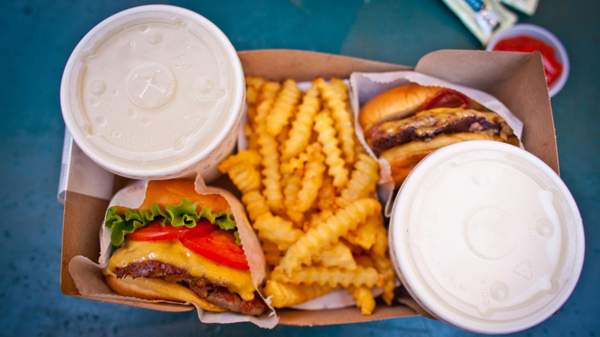Overview
Takeaway and delivery food are true luxuries of modern living. Unfortunately, for all that time you get back on avoiding cooking or simply enjoying the privilege of watching ten consecutive episodes of Below Deck without interruption, the consequence is an impact on the environment that is less than positive.
Excess packaging and un-recyclable waste are both the unavoidable byproducts of the takeaway food system, and have been since the days of styrofoam and plastic straws. Hopefully, that's about to change in Australia.
Uber Eats — the service responsible for more food delivery than any other in the country — has just launched a partnership with leading environmental change organisation, Planet Ark, to make a shift toward more sustainable packaging across the industry, from the time it exits the kitchen of restaurants and vendors, to the disposal of waste at the homes of all us Below Deck freaks.
So, how will it be done?
One of the goals of the program is to get Uber Eats' restaurant partners moving to reusable, recyclable, or compostable packaging options by 2030. The roll out will include education of restaurant partners around these options, supported by a $13m investment from Uber Eats to subsidise the uptake of new environmentally friendly packaging types into venues so that positive changes can be made without throwing a spanner into your favourite Thai joint's ability to run a roaring trade.
If you're an Uber Eats user, keep an eye out for tips on the most environmentally friendly way to dispose of your takeaway packaging at home — for example, rip off the non-grease-stained top of the pizza box to go in the paper/cardboard recycling bin and throw the greasy box base in the normal bin.
Even seemingly small changes can make significant impacts. According to Bec Nyst, General Manager of Uber Eats ANZ: "since making cutlery opt-in, rather than being included by default, we estimate eaters have helped reduce the equivalent weight of four jumbo jets worth of plastic forks, spoons and the like ending up in Australian landfill."
Planet Ark CEO Rebecca Gilling and Uber Eats General Manager Bec Nyst.
Images: Caleb Oquendo (top) and Caroline McCredie
